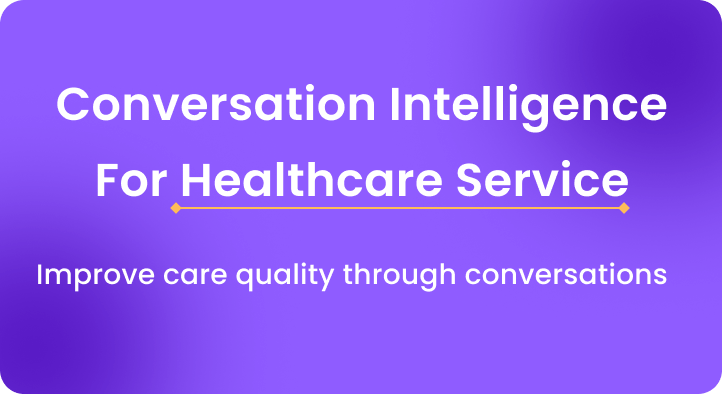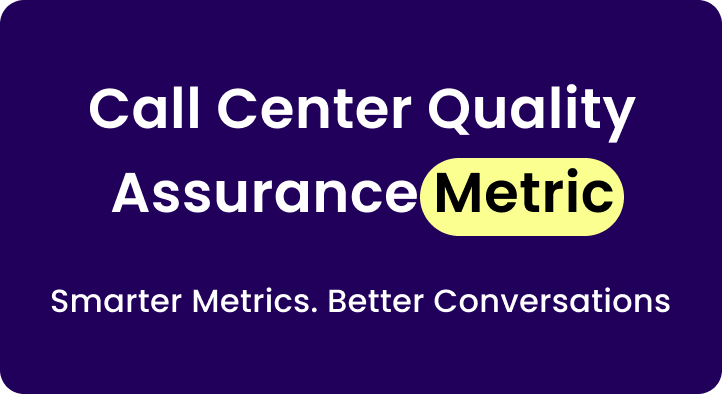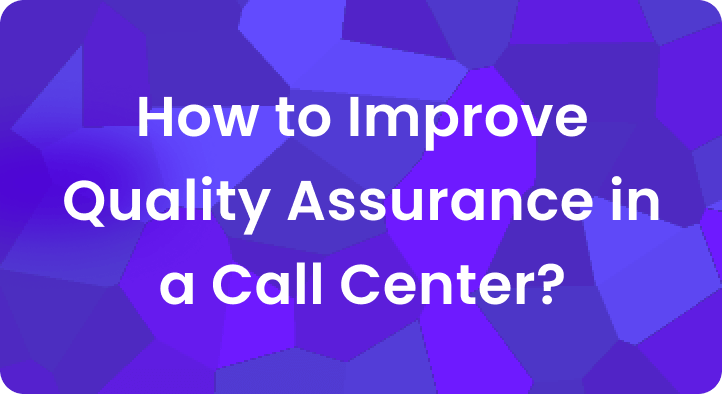In some industries, customer calls are not just intended to be loose conversations, and they might have rules associated: legal rules, company policies, and even just best practices.
Agents may need to say a line there are legal implications to that, or they may be restricted in what they can promise; they are often given scripts to follow.
The rules protect the business and the customer.
But let’s be honest, we can’t – we just don’t have the time to listen to every call to ensure compliance! This is where AI comes in to take pressure off the QA teams and help the business to maintain business as usual, and no complaints.
What compliance monitoring actually means
Compliance monitoring is all about making sure agents follow the playbook. It used to mean someone on the QA team sitting through call after call, checking if the agent said the right things and avoided risky language.
But when your team handles hundreds – thousands a day, reviewing each one just isn’t doable.
Most teams can only sample a few, and that means a lot of issues can slip by.
And those missed issues? They can turn into real problems, like fines, upset customers, or legal trouble.
That’s why catching things early matters. AI helps with exactly that.
How AI spots compliance issues
AI tools are built to handle big volumes of data fast. They can scan every call, highlight anything suspicious, and bring it to your team’s attention. Here’s what they can do:
1. Transcribe conversations automatically
AI listens to calls and turns the audio into text.
Instead of making someone sit through the whole thing, QA teams can read what was said and quickly find any red flags.
2. Flag key phrases
You can teach AI what to look for, like mandatory disclosures or phrases agents shouldn’t use.
If something’s missing or sounds off, the system flags it.
3. Compare calls to scripts
If agents are expected to stick to a script, AI checks the call against it.
Any skipped steps or out-of-order messaging? It gets flagged for review.
4. Catch changes in tone or mood
AI doesn’t just care about words, it listens to how things are said.
If someone sounds stressed, angry, or frustrated, AI can tag that call for a second look.
5. Send alerts in real time
Some AI tools work live. If something’s going wrong on a call, like a missing legal line, AI can notify a manager or even prompt the agent mid-conversation.
6. Look for patterns over time
AI doesn’t just focus on one-off calls. It can see patterns across thousands of conversations.
If the same issue keeps popping up, maybe it’s time for extra coaching or updated training.
Why AI makes a difference
AI doesn’t just speed up QA work – it helps you stay on top of problems before they grow.
Here’s why it’s a valuable tool:
- No call gets missed: AI checks everything, not just a few samples.
- You catch issues sooner: Fast alerts mean quicker fixes.
- Everyone’s held to the same standard: AI doesn’t get tired or biased; it applies the rules evenly.
- It spots what humans might miss: From small mistakes to risky phrases, AI has a sharp eye.
- It improves coaching: When you know what’s going wrong, it’s easier to help agents improve.
What to watch out for
AI is helpful, but it’s not magic. There are a few things to keep in mind:
- False alarms happen: AI might flag something harmless. A human should always review before acting.
- It needs setup: You’ll need to tell AI what to look for. The better the setup, the better the results.
- Bad audio can throw it off: Noisy recordings or poor call quality can confuse the system.
- It deals with private information: Make sure the AI tool you choose follows privacy and security standards.
Getting started with AI in compliance
Thinking about giving AI a try? Start small. Pick one type of call or one compliance rule to track.
Let the AI run, and compare its results with your team’s feedback. Adjust as needed.
Also, bring your QA and compliance folks in early.
They’ll help define what matters, refine the rules, and turn results into better training. AI works best when humans steer the wheel.
Conclusion
AI can take a big chunk of work off your QA team’s plate.
It helps you review more calls, catch problems faster, and stay consistent.
It’s not here to replace your people, but it can be that smart assistant in the background, helping everything run smoother.
For busy call centers or companies in strict industries, AI isn’t just nice to have; it’s a game-changer.



